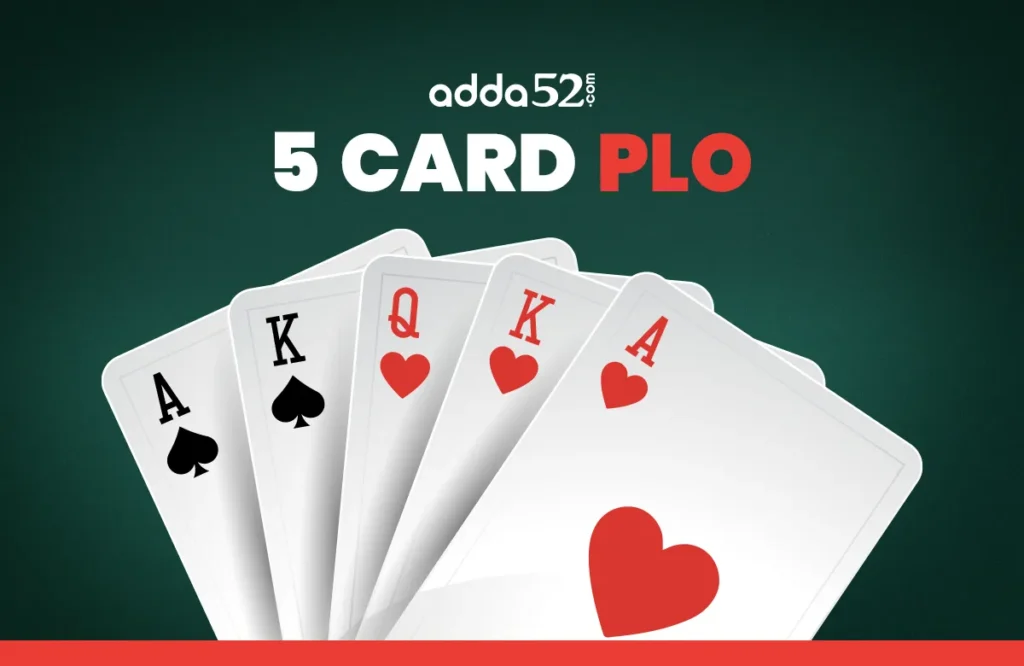
5-Card Omaha Poker
Understanding these nuances is vital for developing effective strategies and maximizing winning opportunities in 5-Card Omaha Poker win33.
Strategic Play and Hand Selection in 5-Card Omaha Poker
Mastering 5-Card Omaha Poker requires not only knowledge of the rules but also an in-depth understanding of strategic play and hand selection. This section explores how to evaluate starting hands, positional advantages, and the importance of reading opponents.
Evaluating Starting Hands: The Foundation of Good Play
In 5-Card Omaha Poker, selecting the right starting hands can significantly influence your success at the table. Since you’re dealt five private cards, your goal is to identify hands that have high potential to develop into strong combinations.
Good starting hands typically possess connectivity, suits, and potential for flushes or straights. For instance, holding suited connectors like 8♥9♥ or coordinated hands such as K♦Q♦ can be promising because they offer multiple avenues for strong hands post-flop.
On the other hand, weak or disconnected hands—like random high cards or unpaired off-suits—are less likely to improve significantly and should generally be folded early. Developing a disciplined pre-flop strategy based on hand strength saves chips and reduces losses.
Position and Its Impact on Strategy
Position plays a critical role in 5-Card Omaha because acting later in betting rounds provides more information about opponents’ actions. A player in the dealer position (the button) enjoys the advantage of seeing others’ moves before committing chips, enabling more strategic decision-making.
Playing aggressively from late position allows you to control pot size, apply pressure to opponents, or capitalize on their mistakes. Conversely, in early positions, caution is advised, especially with marginal hands, since you risk losing more chips to better-informed opponents.
Effective positional awareness entails adjusting your starting hand requirements and betting aggressiveness based on your seat relative to the dealer. Skilled players leverage position to extract maximum value from strong hands and minimize losses with weaker holdings.
Reading Opponents and Adapting Strategies
While mathematical analysis forms the backbone of poker strategy, reading opponents adds an invaluable layer of insight. Observing betting patterns, body language, and timing can reveal whether an opponent holds a strong or weak hand.
In 5-Card Omaha Poker, where many hands develop into strong combinations, it’s especially important to discern genuine strength from bluffs or semi-bluffs. For example, a sudden large bet after the flop may indicate a strong hand or an attempt to scare opponents away.
Adapting your tactics based on opponent tendencies can involve tightening your range against aggressive players or bluffing more often against loose-callers. Recognizing patterns over multiple sessions enhances your ability to anticipate moves and plan counter-strategies effectively.
Balancing Aggression and Caution
The game’s complexity demands a balanced approach. Being overly aggressive with marginal hands can lead to significant losses, while being too cautious might cause missed opportunities. Striking the right balance depends on situational awareness, pot odds, and psychological factors.



